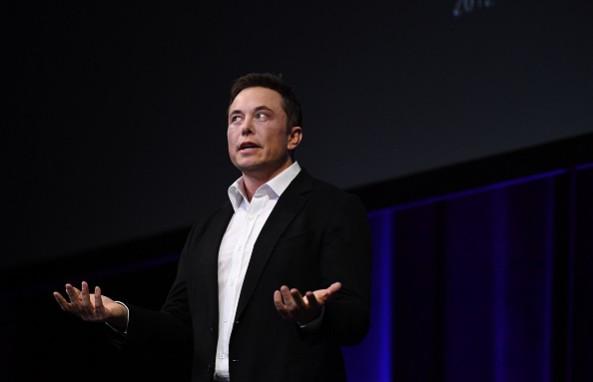
SpaceX chief executive Elon Musk has provided an ambitious timeline for the first test flights of a space vehicle that is intended to carry humans to Mars within the next decade.
Musk said the Interplanetary Transport System, which includes a reusable booster, a spaceship and a craft for in-orbit refueling, will be put to the test, with "short flights" happening as early as the first half of next year.
Perhaps wary of raising expectations too much, the South Africa-born entrepreneur acknowledged that his timelines can be overly optimistic.
The announcement comes a little over a month after SpaceX successfully tested its most powerful reusable rocket, the Falcon Heavy.
"I think we'll be able to do short flights, up and down flights, sometime in the first half of next year," Musk was quoted as saying by the BBC at the South by South West festival in Austin, Texas.
In September last year, Musk said he would refocus SpaceX's efforts to build a single massive reusable transport system dubbed BFR, which would eventually take over the roles performed by the company's other vehicles.
BFR is scheduled to fly its first cargo mission to Mars in 2022. SpaceX's ultimate goal is to help facilitate the establishment of a human colony on the Red Planet.
Musk said once the first BFR ship is operational, other companies and countries will follow suit to build their own interplanetary transport ships.
"In the short-term, Mars is really about getting the spaceship built," the Tesla boss was reported as saying by USA Today.
"They currently don't think it's possible, so if we show them that it is, they'll up their game and build interplanetary transport vehicles, as well."
Musk added that a human colony on Mars would require "a tremendous amount of entrepreneurial resources" to survive.
He said: "For the early people that go to Mars, it will be far more dangerous. It kind of reads like [Ernest] Shackleton's ad for Antarctic explorers: Difficult, dangerous, good chance you'll die. Excitement for those who survive."

















